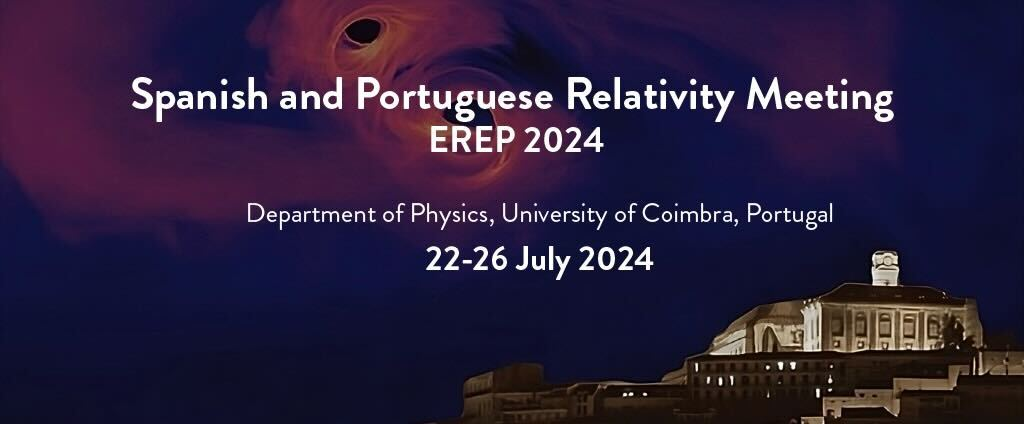Speaker
Description
I will discuss a Monte Carlo method designed to compute stationary solutions of the general-relativistic Vlasov equation describing a gas of non-colliding particles. Our method consists of three elements: 1) selecting a set of parameters of individual trajectories, which correspond to assumed properties of the distribution function (e.g., initial, asymptotic or boundary conditions), 2) solving geodesic equations for the selected sample of parameters, 3) implementing a suitable coarse-graining scheme, which yields approximations to observable quantities (particle current density, energy momentum tensor). I will discuss difficulties associated with problems 1) and 3), providing a collection of examples related with stationary accretion models in the Schwarzschild spacetime. This general discussion will be based on the paper: Phys. Rev. D 108, 124057 (2023). In a sequel of this talk, Adam Cieślik will show an application to the accretion of the collisionless gas onto moving black holes.
